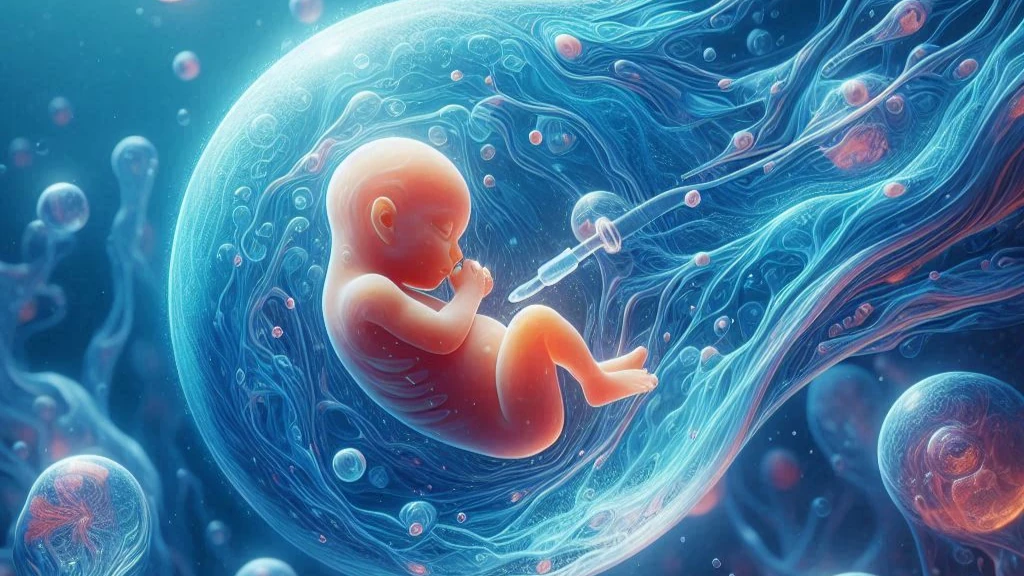
Birth Control and Libido
The realm of sexual desire, or libido, is a delicate and intricate dance of hormones, emotions, and physical sensations. For many individuals, the introduction of birth control, particularly hormonal methods, can introduce a shift in this delicate balance, sometimes leading to a decrease in libido. This blog post delves into the complex interplay between birth control and libido, exploring the potential mechanisms, individual variations, and strategies for navigating this often-sensitive aspect of reproductive health.
The Hormonal Influence: Unraveling the Mechanisms
Hormonal contraceptives, including birth control pills, patches, rings, injections, implants, and hormonal IUDs, work by altering the body’s natural hormone levels. These hormonal changes can influence various aspects of sexual function, including libido.
- Androgens and Libido:
- Androgens, such as testosterone, play a crucial role in regulating libido in both men and women.
- Some hormonal contraceptives can lower androgen levels, potentially leading to a decrease in sexual desire.
- The degree to which androgens are affected varies depending on the type and dosage of hormonal contraceptive.
- Sex Hormone-Binding Globulin (SHBG):
- SHBG is a protein that binds to sex hormones, including testosterone, making them less available to the body’s tissues.
- Some hormonal contraceptives can increase SHBG levels, further reducing the availability of testosterone and potentially lowering libido.
- Neurotransmitters and Mood:
- Hormonal contraceptives can also affect neurotransmitters in the brain, such as serotonin and dopamine, which play a role in regulating mood and sexual desire.
- Changes in neurotransmitter levels can contribute to mood-related side effects, such as depression or anxiety, which can indirectly affect libido.
- Vaginal Dryness:
- Some hormonal contraceptives can cause vaginal dryness, leading to discomfort during intercourse and potentially decreasing libido.
The Spectrum of Effects: Individual Variability and Sensitivity
The impact of birth control on libido varies significantly among individuals. Factors that can influence this variability include:
- Hormonal Sensitivity: Some individuals are more sensitive to hormonal fluctuations than others, making them more prone to changes in libido.
- Type and Dosage of Contraceptive: Different contraceptive methods and dosages can have varying effects on libido.
- Pre-existing Mental Health Conditions: Individuals with a history of depression, anxiety, or other mental health conditions may be more susceptible to libido changes.
- Relationship Dynamics: Relationship dynamics, such as communication and intimacy, can also influence libido.
- Lifestyle Factors: Stress, sleep, diet, and exercise can also play a role in libido.
Recognizing the Signs: Identifying Potential Libido Changes
It’s essential to be aware of potential libido changes associated with birth control:
- Decreased Sexual Desire: Reduced interest in sexual activity.
- Difficulty Achieving Orgasm: Difficulty reaching climax during sexual activity.
- Vaginal Dryness: Discomfort or pain during intercourse due to vaginal dryness.
- Changes in Mood: Mood swings, irritability, or depression that can indirectly affect libido.
The Importance of Open Communication and Holistic Care
Open communication with a healthcare provider and partner is crucial for addressing any concerns about libido changes:
- Detailed Medical and Sexual History: Providing a comprehensive medical and sexual history.
- Discussion of Potential Risks and Benefits: Discussing the potential risks and benefits of different contraceptive methods.
- Exploring Alternative Contraceptive Options: Considering alternative contraceptive methods with lower androgenic activity or non-hormonal options.
- Lifestyle Modifications: Recommending lifestyle changes, such as stress reduction techniques, regular exercise, and a healthy diet, to support libido.
- Relationship Counseling: Seeking relationship counseling to address any communication or intimacy issues.
- Addressing Vaginal Dryness: Using lubricants or vaginal moisturizers to alleviate vaginal dryness.
- Addressing Mental Health: Seeking mental health support, such as therapy or counseling, if mood-related changes are significant.
Beyond Hormones: Exploring Non-Hormonal Options
For individuals concerned about the potential libido effects of hormonal contraceptives, non-hormonal options offer viable alternatives:
- Copper IUD: The copper IUD provides long-term, reversible contraception without hormonal side effects.
- Barrier Methods: Condoms, diaphragms, and cervical caps offer non-hormonal protection against pregnancy and STIs.
- Fertility Awareness Methods: While requiring commitment and careful tracking, fertility awareness methods offer a hormone-free approach to family planning.
The Future of Contraception: Prioritizing Sexual Well-being
The field of reproductive healthcare is increasingly recognizing the importance of addressing the sexual well-being of individuals using birth control. Future research and innovation may focus on:
- Developing Contraceptives with Minimal Libido Effects: Exploring new formulations and delivery methods that minimize hormonal fluctuations and their impact on libido.
- Personalized Contraceptive Recommendations: Developing personalized contraceptive recommendations based on individual hormonal sensitivity and sexual history.
- Integrating Sexual Health Screening: Integrating sexual health screening into routine contraceptive consultations.
- Increased awareness: Raising awareness amongst healthcare providers and patients about the link between contraception and libido.
Conclusion: A Delicate Balance
The relationship between birth control and libido is a complex and multifaceted issue. By prioritizing open communication, holistic care, and informed decision-making, individuals can navigate the contraceptive landscape with confidence and empower themselves to maintain a healthy and fulfilling sexual life. The goal is to ensure that reproductive choices support both physical and emotional well-being, recognizing the intricate mind-body connection.
Additional Resources:
- Planned Parenthood: (Insert Planned Parenthood website link)
- American Association of Sexuality Educators, Counselors, and Therapists (AASECT): (Insert AASECT website link)
- The Kinsey Institute: (Insert Kinsey Institute website link)
- National Women’s Health Network: (Insert National Women’s Health Network website link)
Disclaimer: This blog post is intended for informational purposes only and should not be considered medical advice. Always consult with a 1 qualified healthcare provider for personalized guidance on contraception and sexual health.


